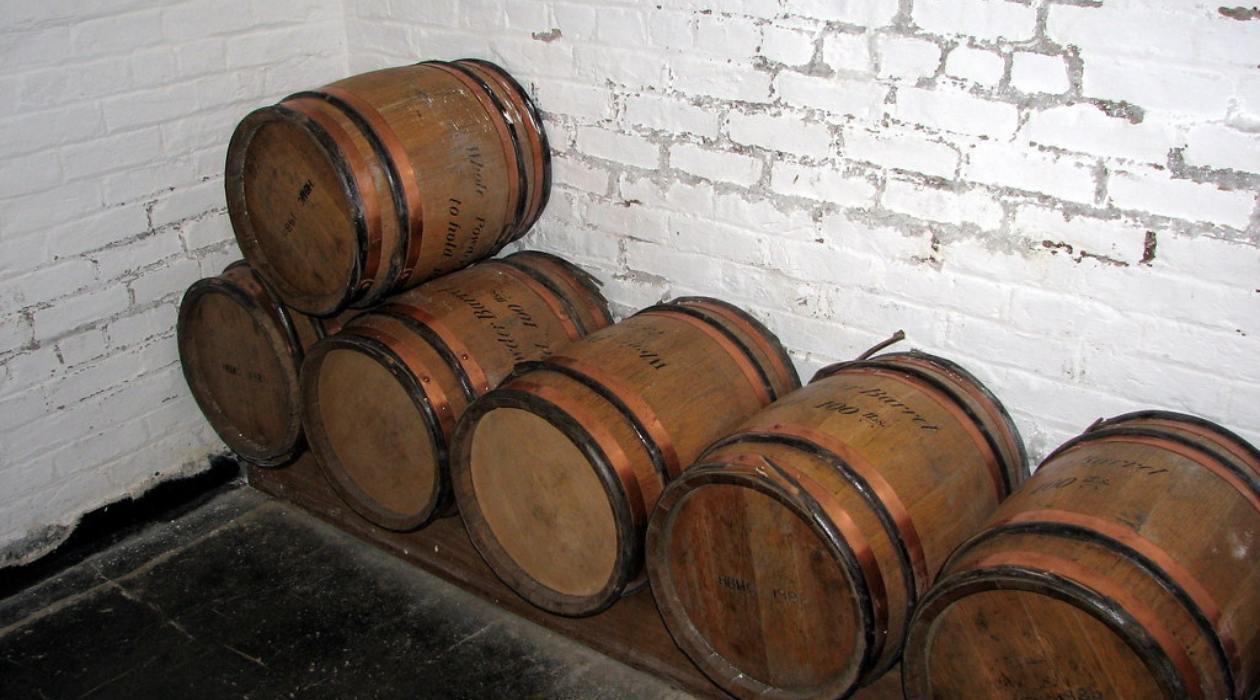

Articles
How To Store Gunpowder
Modified: January 21, 2024
Learn how to properly store gunpowder in this informative article. Protect yourself and others by following the correct safety guidelines.
(Many of the links in this article redirect to a specific reviewed product. Your purchase of these products through affiliate links helps to generate commission for Storables.com, at no extra cost. Learn more)
Introduction
Gunpowder, a key component of many ammunition types, is a highly explosive material that requires careful handling and storage. Whether you possess gunpowder for personal use, recreational shooting, or storage for commercial purposes, it is crucial to have a proper storage system in place to ensure the safety of yourself and those around you.
In this article, we will guide you through the process of storing gunpowder safely and effectively. We will discuss the importance of understanding gunpowder properties, the necessary safety precautions, and the selection of appropriate storage containers and locations. Furthermore, we will touch on the significance of temperature and humidity control, moisture avoidance, labeling, organization, and regular inspections for maintaining a secure storage area. Finally, we will discuss the importance of emergency preparedness in the event of unforeseen circumstances.
By following the guidelines outlined in this article, you will be equipped with the necessary knowledge to store gunpowder in a responsible and secure manner. Let’s dive into the details and ensure the safety and longevity of your gunpowder supply.
Key Takeaways:
- Proper gunpowder storage requires understanding its properties, adhering to safety precautions, and choosing suitable containers and locations. Temperature and humidity control, moisture avoidance, and emergency preparedness are essential for safe storage.
- Clear labeling, proper organization, regular inspections, and emergency preparedness are crucial for maintaining a secure gunpowder storage system. Adhering to safety guidelines and staying informed about regulations is key to responsible gunpowder storage.
Read more: How To Store Basil From Store
Understanding Gunpowder
Before diving into the storage of gunpowder, it’s important to have a basic understanding of what gunpowder is and how it works. Gunpowder, also known as black powder, is a mixture of sulfur, charcoal, and potassium nitrate (also known as saltpeter).
Gunpowder has been used as a propellant for firearms for centuries. When ignited, it rapidly burns, producing a large volume of gas and creating the intense pressure needed to propel a bullet out of a firearm. This combustion process is what makes gunpowder highly explosive and potentially dangerous if mishandled.
Gunpowder is classified as a low explosive, meaning it burns relatively slowly compared to high explosives like TNT. However, it still poses significant risks if not stored and handled properly. It is essential to treat gunpowder with respect and adhere to safety guidelines to prevent accidents and ensure the stability of the substance.
When it comes to storing gunpowder, certain factors should be considered. These include the type of gunpowder being stored, its quantity, and its intended use. Different types of gunpowder may have specific storage requirements, so it’s important to consult the manufacturer’s guidelines or seek advice from experts familiar with the specific type of gunpowder you possess.
Furthermore, it’s crucial to understand the chemical stability of gunpowder. Over time, gunpowder can deteriorate due to moisture exposure, temperature fluctuations, and chemical reactions. This can lead to reduced performance or, in severe cases, spontaneous combustion. Therefore, maintaining the right storage conditions is essential for preserving the quality and safety of gunpowder.
By having a solid understanding of gunpowder and its characteristics, you will be better equipped to handle and store it in a manner that minimizes the risk of accidents and ensures its longevity and effectiveness.
Safety Precautions
When it comes to storing gunpowder, safety should be the top priority. Adhering to proper safety precautions can help minimize the risk of accidents and ensure the well-being of yourself and those around you. Here are some essential safety measures to consider when storing gunpowder:
- Keep it away from open flames and heat sources: Gunpowder is highly flammable and can ignite easily in the presence of an open flame or heat source. Store gunpowder away from fire hazards such as stoves, heaters, and direct sunlight.
- Store in a cool, dry, and well-ventilated area: Gunpowder is sensitive to temperature and moisture. Find a storage location that maintains a consistent temperature, ideally below 70°F (21°C). Avoid areas with high humidity or excessive moisture, as it can degrade the quality of the gunpowder and increase the risk of instability.
- Proper handling and storage containers: Gunpowder should be stored in approved containers specifically designed for such purposes. These containers are usually made of non-sparking materials, such as metal or plastic, and are airtight to prevent moisture ingress. Ensure that the containers are sealed tightly to avoid any leaks or accidental exposure.
- Keep it out of reach: Store gunpowder in a locked cabinet or safe, away from the reach of children or unauthorized individuals. Restrict access to the storage area and inform trusted individuals about the potential hazards of handling gunpowder.
- No smoking policy: Smoking should be strictly prohibited in the vicinity of the gunpowder storage area. Smoking near gunpowder can lead to ignition and potentially cause a catastrophic accident.
- Avoid mixing incompatible substances: Gunpowder should be stored separately from any other potentially reactive substances. Mixing incompatible materials can result in chemical reactions or fires. Store gunpowder away from flammable liquids, corrosive substances, oxidizers, or other hazardous materials.
- Keep a fire extinguisher nearby: In the event of a small fire or ignition, having a fire extinguisher close by can help contain and control the situation. Familiarize yourself with the instructions for using the fire extinguisher and ensure it is suitable for extinguishing fires involving flammable materials.
By following these safety precautions, you can significantly reduce the risks associated with storing gunpowder. Remember, safety should always be the number one priority when dealing with potentially hazardous materials like gunpowder.
Choosing a Storage Container
When it comes to storing gunpowder, selecting the right storage container is essential for ensuring its safety and longevity. Here are some factors to consider when choosing a storage container for gunpowder:
- Material: Opt for storage containers made of non-sparking materials such as metal or high-quality plastic. These materials reduce the risk of accidental ignition caused by sparks or static electricity.
- Airtightness: Gunpowder is sensitive to moisture, so choose a container that provides a tight seal to prevent humidity from entering. This will help maintain the stability and performance of the gunpowder over time.
- Size: Consider the quantity of gunpowder you want to store and choose a container that can accommodate it comfortably. Avoid overfilling the container, as it can increase the risk of accidental spills or leaks.
- Labels and markings: Ensure that the storage container is clearly labeled as containing gunpowder. This helps to prevent any confusion or accidental mishandling. Additionally, consider marking the container with the manufacturing date and batch number for easy reference and tracking.
- Manufacturer recommendations: Check if the gunpowder manufacturer provides any specific guidelines or recommendations for storage containers. They may have specific requirements or recommendations for optimal storage conditions.
- Accessibility: Choose a container that allows for easy access when needed. However, it’s important to strike a balance between accessibility and security. If storing in a household setting, consider a container that can be securely locked to prevent unauthorized access.
It’s worth noting that while certain types of gunpowder may come in their own original containers, it’s still advisable to transfer them into a dedicated storage container. The original packaging may not provide the necessary level of protection or airtightness required for long-term storage.
Remember, the chosen storage container should not only meet the specific requirements for storing gunpowder but also comply with local regulations and guidelines. Be sure to familiarize yourself with any relevant regulations in your area to ensure compliance.
Choosing the right storage container is a critical step in safeguarding your gunpowder. By selecting a container that prioritizes safety, airtightness, and accessibility, you can minimize the risks associated with gunpowder storage and ensure its longevity and stability.
Proper Storage Location
Selecting an appropriate storage location for gunpowder is crucial to ensure its safety and maintain its stability. Here are some factors to consider when determining the proper storage location:
- Dedicated space: Designate a specific area solely for the storage of gunpowder. This helps to minimize the risk of accidental mixing with incompatible materials and ensures better control and organization.
- Ventilation: Choose a storage location with adequate ventilation to prevent the accumulation of fumes or gases that may be emitted by the gunpowder. Good airflow helps maintain a stable environment and reduces the risk of hazardous buildup.
- Avoidance of ignition sources: The storage location should be kept away from potential ignition sources like open flames, sparks, electrical equipment, and heat sources. This minimizes the risk of accidental ignition and the potential for fires.
- Secured area: If storing gunpowder in a residential setting, ensure that the storage location is secure and inaccessible to unauthorized individuals, especially children. Consider using lockable cabinets or safes to prevent any mishandling or accidental access.
- Fire-resistant materials: If possible, choose a storage area constructed with fire-resistant materials such as concrete or metal. These materials provide an additional layer of protection in the event of a fire.
- Away from living spaces: It is recommended to store gunpowder away from commonly used living areas of your home. Ideally, choose an area in a basement, garage, or shed that is separate from where you and your family spend most of your time.
- Compliance with regulations: Research and comply with any local, state, or federal regulations regarding the storage of gunpowder. Different jurisdictions may have their own specific requirements, such as quantity limits or additional safety measures.
When considering the storage location, it’s important to balance accessibility with safety. While easy access to your gunpowder is important for certain purposes, it should not compromise the security and precautions necessary to ensure its safe storage.
Remember, the storage location should provide a controlled environment with minimal risk of exposure to moisture, high temperatures, or other factors that can compromise the stability of gunpowder. This will help ensure the longevity and reliability of the stored gunpowder.
By carefully selecting an appropriate storage location, you can significantly reduce the risks associated with storing gunpowder and contribute to maintaining a safe and secure environment for yourself and those around you.
Read more: How To Store Store-Bought Bread
Temperature and Humidity Control
Controlling the temperature and humidity in your gunpowder storage area is crucial for maintaining the stability and integrity of the stored powder. Both high temperatures and excessive humidity can have detrimental effects on gunpowder. Here are some tips for temperature and humidity control:
- Temperature: Gunpowder should be stored at a stable temperature below 70°F (21°C). Avoid extreme temperature fluctuations, as they can cause the gunpowder to deteriorate and increase the risk of instability. Choose a storage location that maintains a consistent and moderate temperature throughout the year.
- Avoid direct sunlight: Exposure to direct sunlight can cause a rise in temperature in the storage area. Keep your gunpowder storage location away from windows or areas where it can be exposed to direct sunlight. Ultraviolet (UV) rays from sunlight can also degrade the stability of gunpowder, so minimize its exposure as much as possible.
- Insulation: Depending on your geography and climate, consider insulating the storage area to help regulate temperature fluctuations. Proper insulation can help maintain a more consistent and moderate temperature, reducing the risk of extreme heat or cold affecting the gunpowder.
- Humidity: Gunpowder is susceptible to moisture absorption, which can impact its performance and stability. Aim for a humidity level below 50%, ideally between 30% and 40%. Use a hygrometer to monitor humidity levels in the storage area and employ measures to control and reduce humidity if necessary.
- Dehumidifiers: If you live in a particularly humid area, consider using a dehumidifier in the gunpowder storage area. A dehumidifier helps remove excess moisture from the air, reducing the risk of humidity-related issues like clumping and degradation of the gunpowder.
- Absorbent materials: Place moisture-absorbent materials like desiccant packs or silica gel packets in the storage container to help absorb any moisture that may enter. These materials help maintain a dry environment and protect the gunpowder from moisture-related degradation.
By carefully controlling the temperature and humidity in your gunpowder storage area, you can ensure the stability and performance of the stored powder. Consistent temperature and humidity levels minimize the risks of degradation, clumping, and potential instability, ultimately extending the shelf life of the gunpowder.
Remember to regularly monitor temperature and humidity levels and make necessary adjustments to maintain optimal conditions. Proper temperature and humidity control are essential for the safe and reliable storage of gunpowder.
Store gunpowder in a cool, dry place away from heat and direct sunlight. Keep it in airtight containers, such as metal or plastic ammo cans, to prevent moisture and humidity from affecting its quality.
Avoiding Moisture Exposure
Moisture exposure is one of the primary concerns when storing gunpowder. Moisture can significantly degrade the quality and stability of gunpowder, potentially leading to reduced performance or even spontaneous combustion. Here are some essential tips to help you avoid moisture exposure:
- Airtight storage containers: Ensure that your gunpowder is stored in airtight containers to prevent moisture from entering. A proper seal will help maintain the integrity of the powder and protect it from the effects of humidity and moisture in the surrounding environment.
- Desiccants and moisture absorbers: Include moisture-absorbing materials, such as desiccant packs or silica gel packets, in your storage containers. These materials help to absorb any moisture that may have entered and maintain a dry environment within the container.
- Avoid storing near water sources: Keep gunpowder away from areas prone to moisture, such as basements with water leaks or areas with exposed plumbing. Even small amounts of water vapor can lead to moisture absorption by the gunpowder and compromise its quality.
- Regular inspections: Regularly inspect your storage containers for any signs of moisture, such as condensation or leaks. If you find any moisture, take immediate action to rectify the issue, such as replacing the container or resealing it properly.
- Clean and dry hands: When handling gunpowder, ensure that your hands are clean and dry to prevent any transfer of moisture. Moisture from your hands can be absorbed by the gunpowder, compromising its stability.
- Keep away from damp environments: Store gunpowder in a dry area, away from damp or humid environments. Avoid storing it in locations prone to moisture accumulation, such as basements or areas with poor ventilation.
- Monitor humidity levels: Use a hygrometer to monitor the humidity levels in your storage area. If the humidity exceeds the recommended levels, take steps to reduce the moisture, such as using a dehumidifier or improving ventilation.
Remember to remain vigilant when it comes to moisture exposure. Any moisture that comes into contact with gunpowder can pose a risk to its stability and performance. By following these tips and ensuring a moisture-free environment, you can significantly minimize the risk of moisture-related issues and preserve the quality of your gunpowder.
Labeling and Documentation
Labeling and documentation are essential aspects of proper gunpowder storage. Clear and accurate labeling helps ensure safety and facilitates easy identification and management of your gunpowder inventory. Here are some key considerations for labeling and documentation:
- Container labeling: Each storage container should be clearly labeled as containing gunpowder. Use prominent, legible labels that clearly indicate the contents of the container. This helps prevent any confusion and ensures that anyone handling the containers understands the potential hazards involved.
- Manufacturing and expiration dates: It is crucial to note the manufacturing date and, if applicable, the expiration date of the gunpowder. This information helps you keep track of the age and viability of the stored powder and facilitates proper inventory management.
- Batch numbers: If your gunpowder is supplied with batch numbers, it’s important to document and label them accordingly. This allows for better traceability and identification in case of any quality or safety concerns.
- Handling instructions: Include clear instructions for safe handling and storage on the labels. This information may include warnings and precautions for flammability, handling with dry hands, avoiding heat sources, and proper disposal methods. These instructions are crucial for ensuring safe practices and preventing accidents.
- Emergency contact details: It is wise to include emergency contact information for yourself or a responsible person who is knowledgeable about the stored gunpowder. This ensures that, in case of an emergency or if questions arise, there is someone available who can provide the necessary guidance and assistance.
- Documentation: Maintain accurate documentation of your gunpowder inventory. This may include detailed records of the quantity, type, and location of each container. Additionally, document any inspections, maintenance activities, or incidents related to the gunpowder storage. This documentation provides a valuable reference and aids in compliance with regulations.
- Inventory management: Regularly update your inventory records to reflect any changes or additions to your gunpowder stock. This helps you stay organized, track usage, and ensure that proper storage conditions are being maintained for each container.
By implementing clear labeling and maintaining accurate documentation, you can enhance the overall safety and management of your gunpowder storage. Clear and accessible information is vital for handling gunpowder responsibly and effectively.
Remember, it’s essential to regularly review and update your labeling and documentation to reflect any changes or new information concerning your gunpowder inventory.
Organizing the Storage Area
Proper organization of the gunpowder storage area is crucial for efficient management and safety. A well-organized storage area ensures easy access, minimizes the risk of accidents, and facilitates proper inventory tracking. Here are some tips for organizing your gunpowder storage area:
- Separate storage for different types: If you have different types of gunpowder, consider storing them separately. This helps prevent cross-contamination and ensures that each type is stored under the appropriate conditions.
- Clear separation from other hazardous materials: Store gunpowder away from any other potentially hazardous materials, such as flammable liquids or corrosive substances. This helps minimize the risk of accidental reactions or fires.
- Proper shelving or storage racks: Use sturdy and stable shelves or storage racks to store your gunpowder containers. Ensure that they are designed to support the weight and size of the containers and can withstand any potential impacts or vibrations.
- Visibility and accessibility: Arrange your storage area in a way that allows for easy visibility and accessibility to each container. This makes it easier to locate specific batches, track inventory, and perform regular inspections.
- Proper segregation: Separate gunpowder storage from other non-essential items or unnecessary clutter. Keeping the storage area dedicated solely to gunpowder storage helps reduce the risk of accidental mishandling or improper storage.
- Use appropriate storage containers: Ensure that the storage containers themselves are well-organized and labeled. Use dividers or storage trays within each container to help keep the gunpowder organized and prevent containers from shifting or tipping over.
- Regular inventory checks: Implement a system to regularly check and update your gunpowder inventory. Conduct periodic audits to ensure that stock levels align with your records, and replace any damaged or expired containers as necessary.
- Maintain a clean environment: Keep the storage area clean and free from dust, debris, or any other substances that may pose a risk to the integrity of the gunpowder. Regularly sweep or vacuum the area, and ensure that there are no potential contaminants nearby.
By implementing these organizing strategies, you can maintain a well-structured and efficient gunpowder storage area. An organized storage area not only promotes safety but also helps streamline inventory management and ensures that the gunpowder remains in optimal condition.
Remember to regularly review and update your organization system based on any changes to your gunpowder inventory or storage requirements. Continuously improving the organization of your storage area will help you maintain a safe and efficient environment for handling and storing gunpowder.
Read more: How To Store Basil From Grocery Store
Regular Inspections and Maintenance
Regular inspections and maintenance are crucial for ensuring the safety and integrity of your gunpowder storage. By conducting routine checks and implementing proper maintenance practices, you can identify any potential issues early on and prevent accidents. Here are some important considerations for regular inspections and maintenance:
- Visual inspections: Regularly visually inspect the storage containers for any signs of damage, leakage, or deterioration. Look for bulges, cracks, or discoloration in the containers that may indicate potential issues.
- Check seals: Assess the integrity of the container seals and ensure that they are still secure and airtight. Replace any damaged or worn-out seals promptly to maintain the proper storage conditions.
- Inspect labels: Verify that the labels on the storage containers are legible and in good condition. If any labels have become faded or damaged, replace them to ensure clear identification and safety instructions for the stored gunpowder.
- Monitor moisture: Continuously monitor the storage area for any signs of moisture, such as condensation or dampness. If moisture is detected, investigate and rectify the source of the problem to prevent any potential degradation of the gunpowder.
- Hygrometer calibration: Regularly calibrate and check the accuracy of any hygrometers used to measure humidity levels in the storage area. Inaccurate readings may lead to misinformation about the environment and compromise the preservation of the gunpowder.
- Replace expired gunpowder: Check the expiration dates of the gunpowder containers and promptly dispose of any expired gunpowder. As the performance of gunpowder may degrade over time, it’s important to replace it with fresh stock to maintain optimal quality.
- Proper handling during inspections: When conducting inspections, ensure that you handle the containers and gunpowder with care. Avoid dropping or mishandling the containers to prevent accidental ignition or spills.
- Documentation: Keep detailed records of the inspections and any maintenance activities performed. This allows you to track the history of the storage containers and ensures transparency for auditing or compliance purposes.
- Stay up to date with regulations: Stay informed about any regulations or guidelines related to gunpowder storage and safety. Regularly review and update your storage practices to align with the latest recommendations and requirements.
By conducting regular inspections and implementing proper maintenance measures, you can identify and address any potential issues before they escalate. This proactive approach helps ensure the ongoing safety and effectiveness of your gunpowder storage.
Remember that safety should always be the top priority during inspections and maintenance activities. If you encounter any concerning issues or are uncertain about the state of your gunpowder storage, consult with experts or seek professional guidance to ensure proper handling and resolution.
Emergency Preparedness
Emergency preparedness is a critical aspect of gunpowder storage. While we take measures to prevent accidents, it’s essential to be prepared for unforeseen circumstances. Having a clear plan in place and being equipped with the necessary tools and knowledge can make a significant difference in mitigating risks and ensuring the safety of yourself and others. Here are some key considerations for emergency preparedness:
- Emergency contact information: Keep a list of emergency contact numbers readily available, including local fire departments, poison control centers, and hazardous materials response teams. Ensure that everyone who has access to the gunpowder storage area is aware of these contact numbers.
- Emergency exits and evacuation plan: If storing gunpowder in a commercial or public setting, ensure that there are clear emergency exits and evacuation routes. Conduct regular drills to familiarize everyone with the evacuation procedures and assembly points.
- Fire extinguishers and suppression systems: Install appropriate fire extinguishers in close proximity to the gunpowder storage area. Train individuals who have access to the area on how to use the fire extinguishers properly. In larger storage areas, consider installing fire suppression systems, such as sprinklers.
- Fire containment: If a fire occurs, isolate and contain the affected area as much as possible. Close off doors and vents to prevent the spread of fire and limit oxygen supply. Follow established protocols for fire containment and wait for professional assistance, as they are equipped to handle such situations.
- Emergency response training: Provide training to individuals responsible for handling gunpowder storage on emergency response procedures. This may include proper actions to take in case of fire, accidental ignition, or release of hazardous materials. Regularly review and update the training to ensure preparedness.
- Backup storage: Consider having a secondary off-site storage location for backup purposes. This allows you to transfer the gunpowder and other hazardous materials to a safe place in the event of a major incident or natural disaster.
- Proper disposal procedures: Establish protocols for the safe disposal of expired or damaged gunpowder. Identify appropriate disposal methods that comply with local regulations and consult with hazardous waste disposal experts for guidance.
- Establish communication protocols: Ensure that there is a clear and efficient means of communication among individuals responsible for the gunpowder storage area. This includes establishing a communication chain and procedures for reporting incidents and emergencies.
- Regular emergency drills: Schedule periodic emergency drills to simulate various scenarios, such as fires or accidental spills. These drills help assess the effectiveness of emergency procedures, identify areas for improvement, and increase overall preparedness.
Remember, being prepared for emergencies is not only about having the necessary tools and procedures in place but also maintaining a calm and composed mindset during highly stressful situations. Regularly reviewing and practicing emergency response protocols is crucial to ensure a swift and effective response when it matters most.
Consult with local authorities and experts to ensure that your emergency preparedness measures align with any specific regulations or guidelines applicable to your area. By prioritizing emergency preparedness, you can minimize risks and protect yourself and others in the event of an emergency related to gunpowder storage.
Conclusion
Proper storage of gunpowder is of utmost importance to ensure the safety of yourself and those around you. By adhering to safety precautions, choosing the right storage container, and selecting an appropriate storage location, you can minimize the risks associated with storing gunpowder. Temperature and humidity control, as well as avoiding moisture exposure, are crucial factors in maintaining the stability and effectiveness of the stored powder.
Labeling and documentation play a vital role in easily identifying and managing your gunpowder inventory. Organizing the storage area and conducting regular inspections and maintenance help identify any potential issues and ensure the integrity of the storage containers. Additionally, being prepared for emergencies with an emergency plan, proper training, and communication protocols is crucial.
Remember, always stay up to date with your local regulations and guidelines. Prioritize safety, adhere to best practices, and consult with experts when needed. By following these guidelines and maintaining a responsible approach to gunpowder storage, you can enjoy your firearms hobby or handle gunpowder for professional purposes with confidence and peace of mind.
Stay vigilant, perform routine checks, and continuously educate yourself on proper storage practices. With a well-organized and secure storage system in place, you can ensure the longevity, stability, and, most importantly, the safety of your gunpowder supply.
Frequently Asked Questions about How To Store Gunpowder
Was this page helpful?
At Storables.com, we guarantee accurate and reliable information. Our content, validated by Expert Board Contributors, is crafted following stringent Editorial Policies. We're committed to providing you with well-researched, expert-backed insights for all your informational needs.
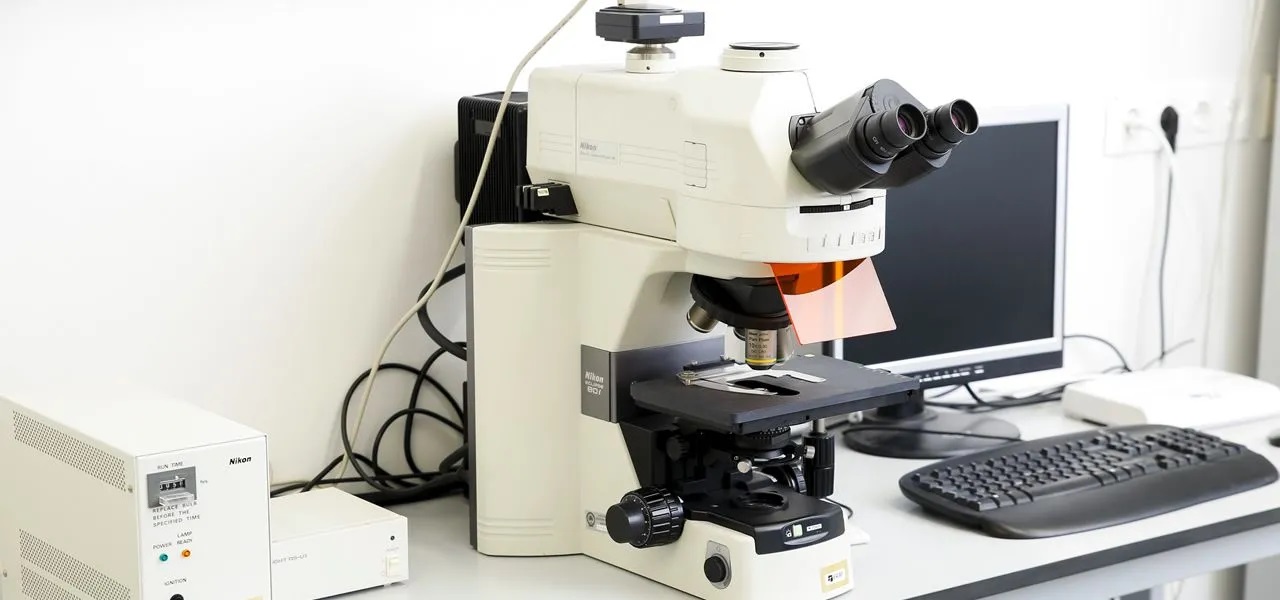




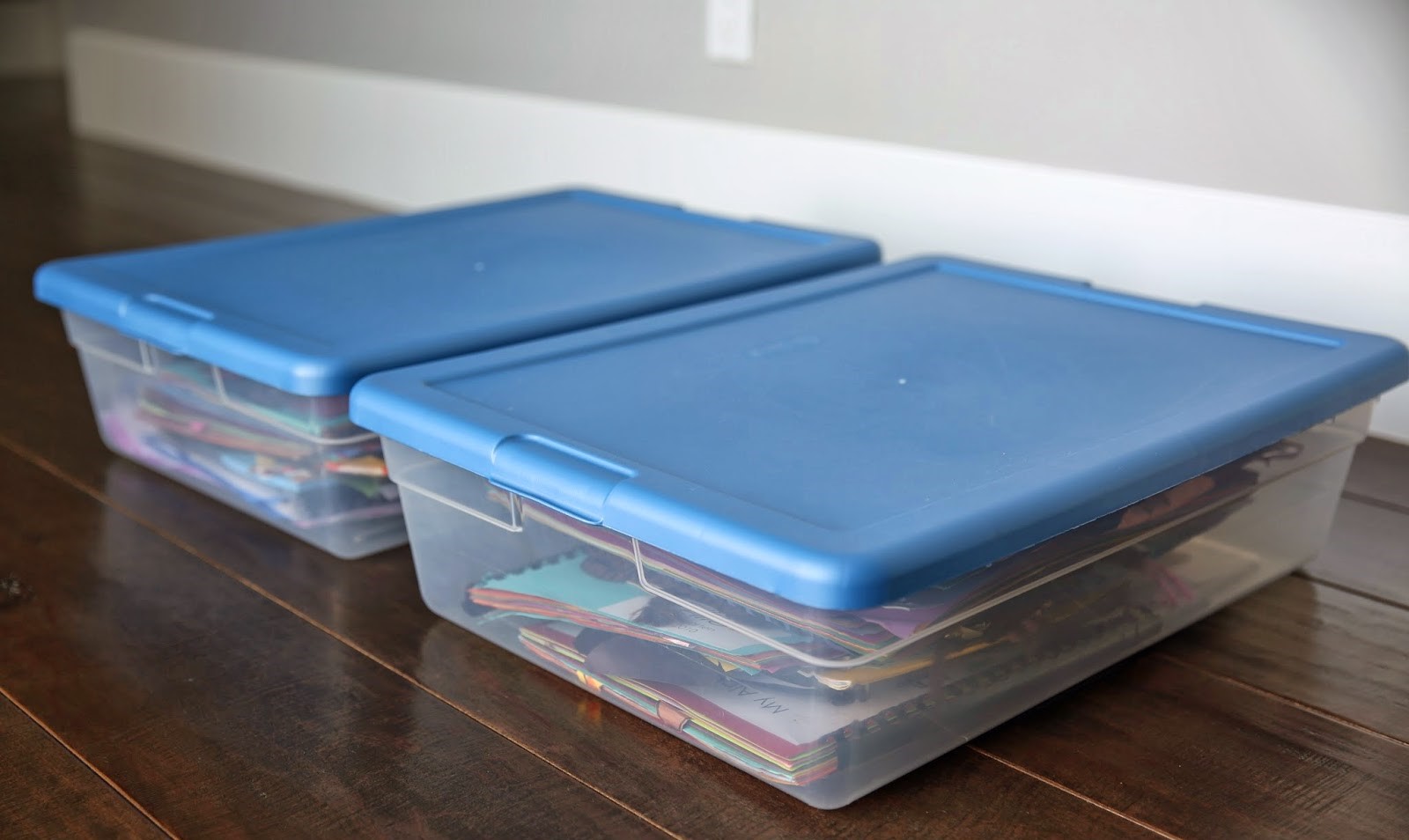
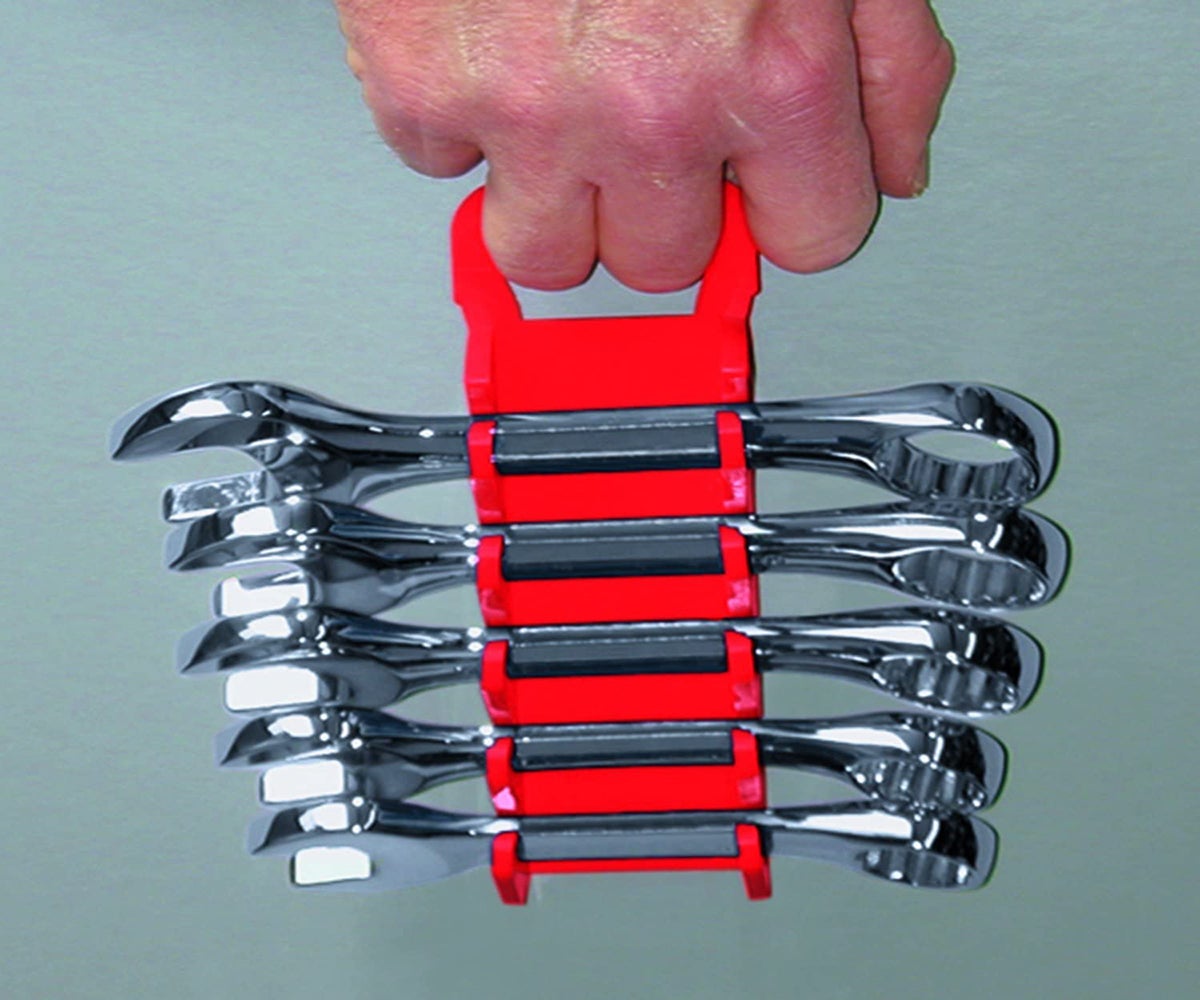


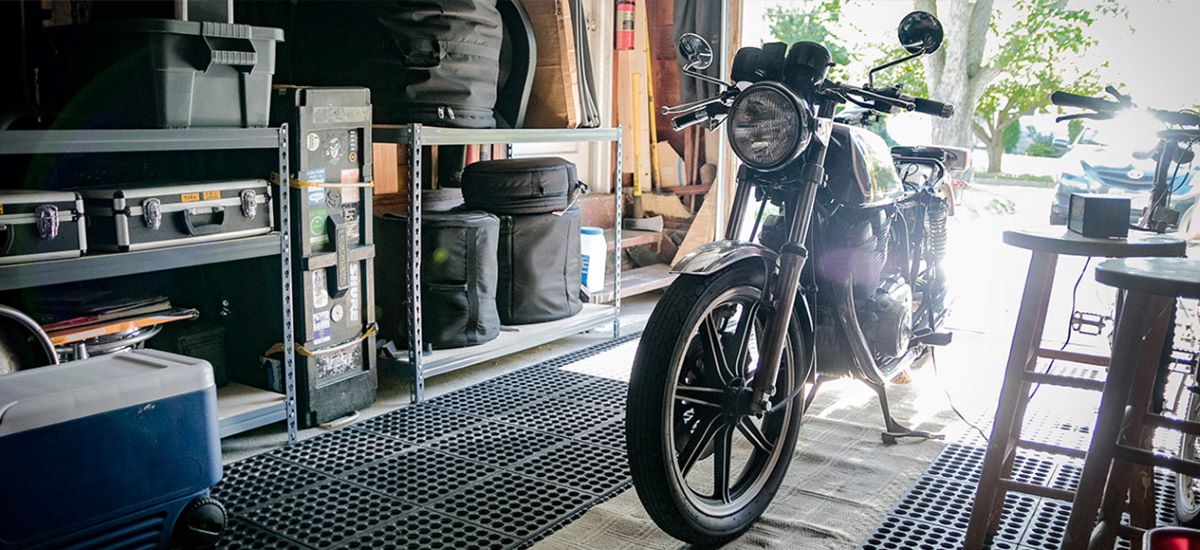


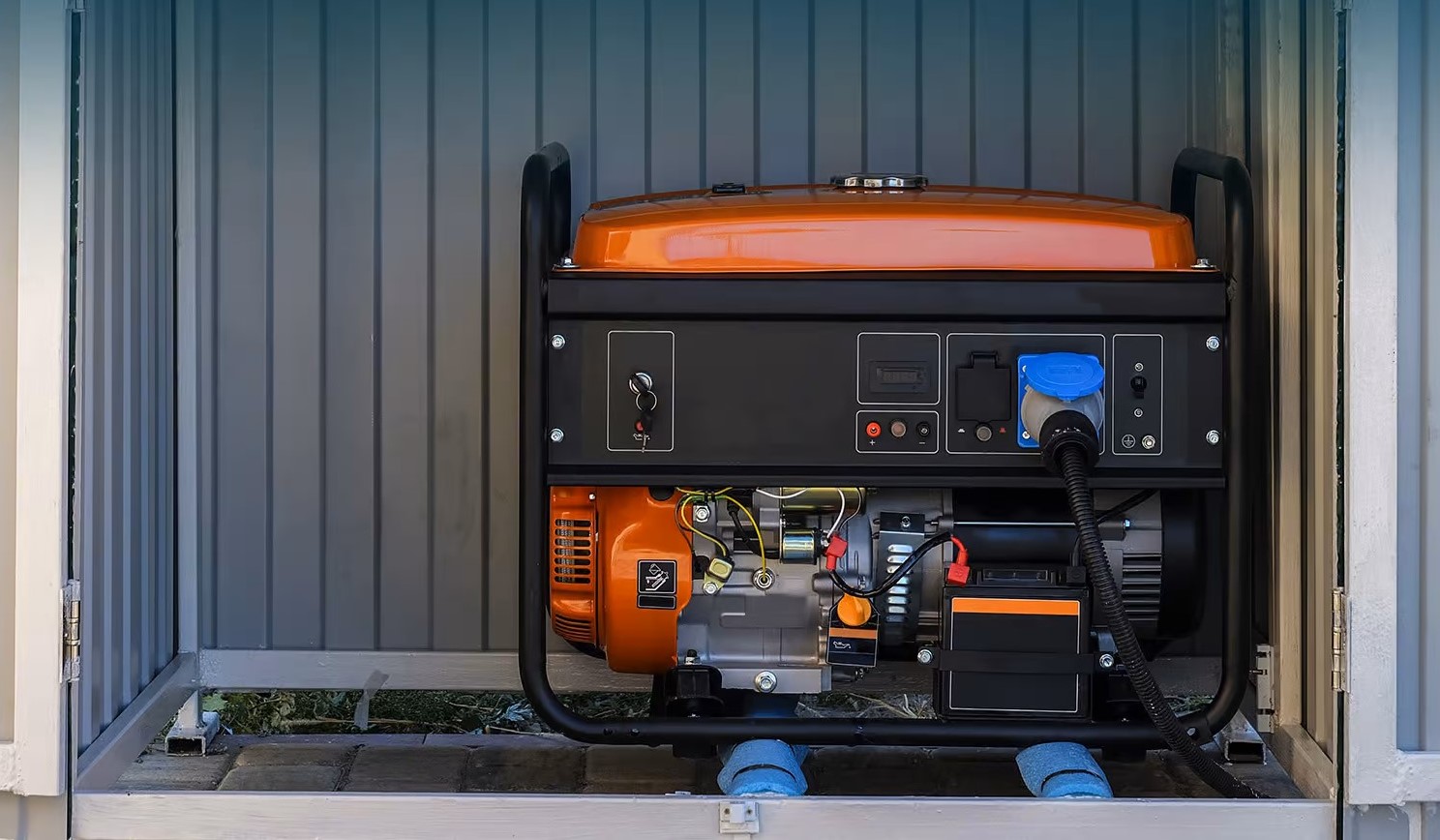

0 thoughts on “How To Store Gunpowder”